1. Being Emotionally Involved:
They’ll sneak in and get you every time if you’re not careful! Allowing emotions to come into play in the hiring process produces bad sales hires! Usually, emotions get involved when there is no strategy or process. You meet someone and you think “wow, they’re great! They’re smart, attractive, articulate and both they and their resume have said how great they are too.” STOP, WAKE UP!!! You may be close to a bad sales hire. If you’re reading this, you probably know how costly it is! The time to train and manage, the time putting them on performance improvement, the time needed to start over, and most importantly… the lost opportunities that you can never recover. First rule… do not rely on gut feeling! It will get you every time.
2. Not Being Precise with the Sales Role:
There are several roles but the most prominent are the Hunter and the Account Manager. My experience tells me Hunters do not make good Account Managers and vice versa. Here’s how to tell the difference. Ask the Hunter to map out their prospecting strategy they have used in the past. How do they organize their time, how do they get to the decision maker and what is their contact cadence? Ask them to role play a first call. Similarly, ask the Account Manager to map out their strategy to expand a key account. Ask how they network using connections, what research they do and how do they use it?
3. Decision Maker Access:
This is a make or break for your most important deals. Unfortunately, many salespeople do not have the self-concept, a strategy or technique to get to the decision maker. The higher your average sale size is, the more critical this becomes. Ask your prospective hire how they negotiate to power, and in their opinion, how important accessing power is to win a deal. If they don’t see it as critical, they won’t do it, and they will deliver to you a pipeline full of bloat (unqualified deals that will not close).
4. Not Understanding Their Money Concept:
This gets into psychology because beliefs drive what salespeople are willing to do and not do. For example, if you charge more than your competitors because of quality, beliefs come into play. Here’s an example, your salesperson buys everything on price in their personal life, because high value means the lowest price. Now when fielding a price objection, this belief does not support the right outcome. You will find these folks are the ones with the lowest margins, asking for the most concessions for the customer. Therefore, it is important to measure these hidden drivers before someone is hired.
5. Do They Really Know How to Handle Sales Complexity:
Complexity of sales cycle is usually associated with a higher price point. Not only does it require access to a VP or C level decision maker, but it also requires herding cats (getting everyone on the same page), executive presence, and the ability to understand and talk to the prospects business strategy. Ask them how they do this and ask for an example of how they have tied business strategy to a solution they have sold in the past.
6. Are They Showing Off Their Goal Orientation:
The most successful people are goal oriented, particularly salespeople. It’s more than just writing down numbers. It’s passion about where you are going and why it is important to get there. Consequently, evidence of how important a candidate’s personal goals are to them is key. Also consider if the role offered allows them to achieve their goals, assuming they are at or above company goal. Salespeople without a “goal mindset” are not salespeople who consistently achieve!
7. Do They Really Listen and Have Excellent Questioning Skills:
How can you listen if you cannot get people to talk? You can’t! Questioning skills always come first. A great salesperson’s first tool in the bag is their questioning skills, then their ability to listen. Ask them their top 10 qualifying questions. They should be able to rattle these off without a second thought. If they can’t, that’s a problem. Also, observe their listening skills in the interview. Do they practice active listening (paraphrasing the key things you’ve said)? Do you feel like you are being heard and understood by them or are they more focused on getting their own questions answered?
8. No Excuse Makers Please:
This is an important one! Responsibility in sales is defined as the absence of excuse making. If you have a sales team now, I’m sure you have heard “I can’t because…” In sales you must find your way around obstacles. The minute you say you cannot, in your mind you’re right and you stop trying. Ask about the most difficult circumstances they’ve had to overcome. If they have not had many or ones that are not impressive, chances are they won’t be impressive in the sales field either.
9. Don’t Settle. Select the Best:
Remember the top 20% is out there and your job is sifting through candidates quickly with little expense to select the best! You’ll be glad you did.
The top 20% of salespeople produce 125% more than average, the top 4% produce 250% more.
Brad Smart – Topgrading

